So You've Decided to Soar: A Personalized Guide to Embarking on Your Journey as a Pilot
Congratulations on making the exhilarating decision to become a pilot! By choosing to pursue aviation, you're embarking on a remarkable journey that will challenge and inspire you in countless ways. The path ahead may seem daunting, but with dedication, passion, and a willingness to learn, you have what it takes to soar to new heights. Below we'll explore the essential steps to take once you've committed to becoming a pilot. So buckle up and get ready for an adventure of a lifetime!
1. Set Your Goals:

The first step on your aviation journey is to define your goals. Ask yourself what type of pilot you aspire to be. Are you interested in commercial aviation, private piloting, or perhaps becoming a flight instructor? Setting clear goals will provide you with a sense of direction and help you make informed decisions along the way.
2. Research Flight Schools:

Choosing the right flight school is crucial to your success as a pilot. Research different flight schools in your area or even consider venturing abroad for specialized training. Look for reputable institutions with experienced instructors, excellent safety records, and a curriculum that aligns with your goals. Don't hesitate to reach out to current or former students for their insights.
3. Financial Planning:
Becoming a pilot requires a financial investment. Most start to finish private pilot licenses cost upward of $15-20k depending on how many hours it takes to complete the training. Take time to evaluate your financial situation and develop a realistic plan to fund your training. Explore scholarship opportunities, loans, or part-time work options that can help ease the financial burden. Remember, pursuing your passion is worth every penny invested.
4. Medical Certification:
Aviation demands physical fitness, and obtaining a medical certificate is an essential requirement for aspiring pilots. Schedule an appointment with an aviation medical examiner (AME) to undergo a thorough examination. Follow their guidance and address any health concerns promptly. Maintaining a healthy lifestyle will not only benefit your aviation career but also enhance your overall well-being.

5. Ground School:
Once you've chosen a flight school, it's time to dive into ground school to learn the endless list of important information. FAA rules, regulations, types of airspace, aerodynamics, procedures, maintenance requirements are some of the areas that will be covered here. You can use an online school such as Gleim to learn this information and prepare for your written exam and flight training. This phase of training covers theoretical knowledge about aviation principles, navigation, meteorology, and regulations. Be prepared to dedicate time to study and absorb the vast amount of information. Consider joining study groups or online forums to connect with fellow aviation enthusiasts and share your learning experiences.

6. Flight Training:
As you progress to flight training, the sky becomes your classroom. Embrace each flight lesson with enthusiasm and an eagerness to learn. Be patient with yourself, as piloting skills develop through practice and experience. Pay attention to your instructor's guidance, ask questions, and take advantage of simulator sessions to enhance your skills and build confidence.

7. Examinations and Flight Tests:
Along your journey, you'll encounter theory examinations and flight tests that evaluate your knowledge and piloting abilities. Approach these assessments with a positive mindset and trust in the training you've received. Remember, each challenge is an opportunity to grow and improve.

8. Networking and Building Connections:
Aviation is a close-knit community, and building a strong network can open doors to exciting opportunities. Attend aviation events, connect with fellow pilots, join professional organizations, and make use of online platforms to expand your network. Engage in conversations, seek mentors, and learn from the experiences of others in the field.
9. Never Stop Learning:
Becoming a pilot is not the end of your educational journey; it's just the beginning. Aviation is an ever-evolving field, and staying up to date with technological advancements, regulations, and industry trends is vital. Pursue advanced ratings, attend recurrent training, and continually seek opportunities for personal and professional growth.
As you embark on your path to becoming a pilot, remember that the journey is as important as the destination. Embrace the challenges, celebrate the victories, and remain passionate about aviation. You have chosen a career that allows you to explore the world from a unique perspective and make a difference in people's lives. So, believe in yourself, work hard, and let your dreams take flight. Bon voyage on this incredible adventure!


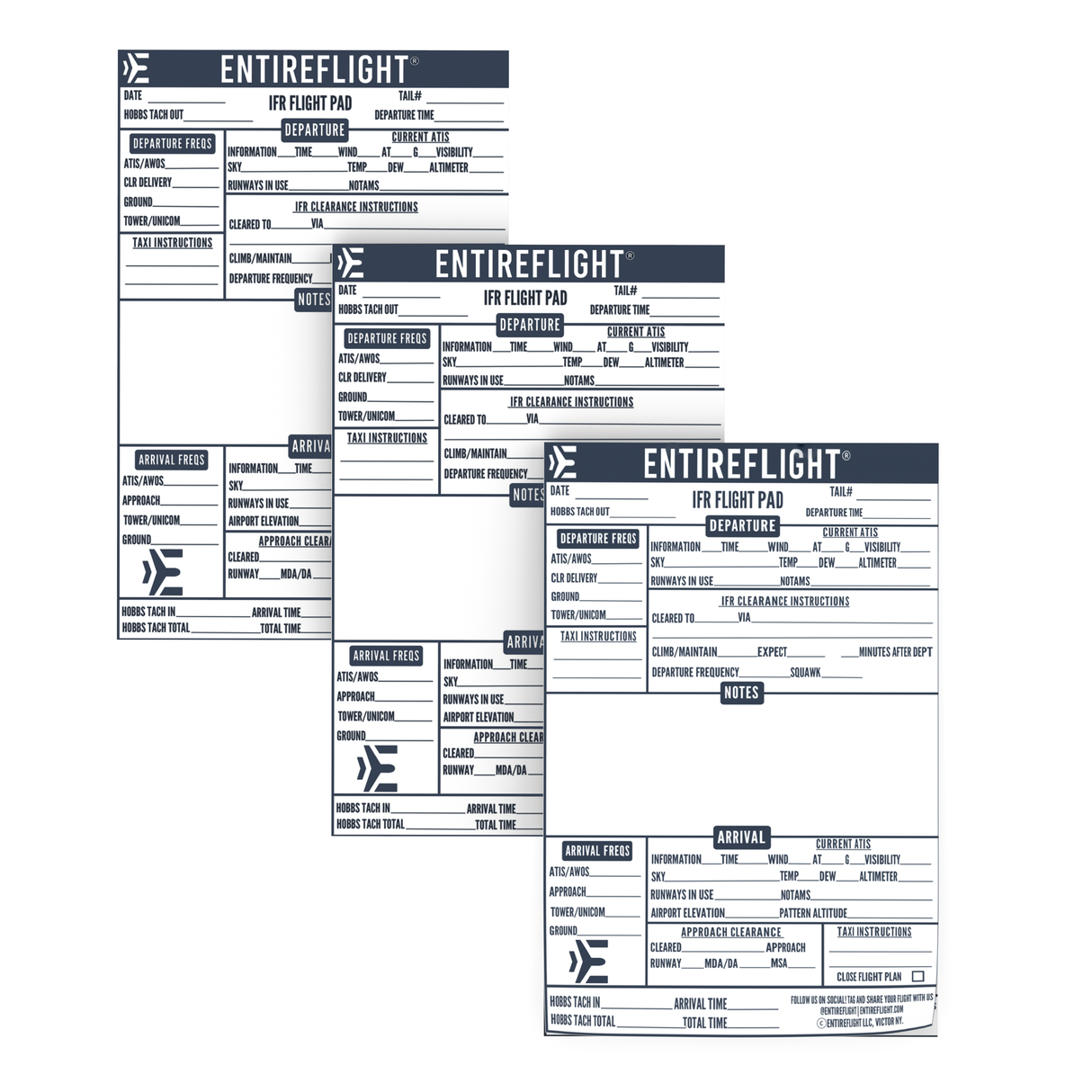
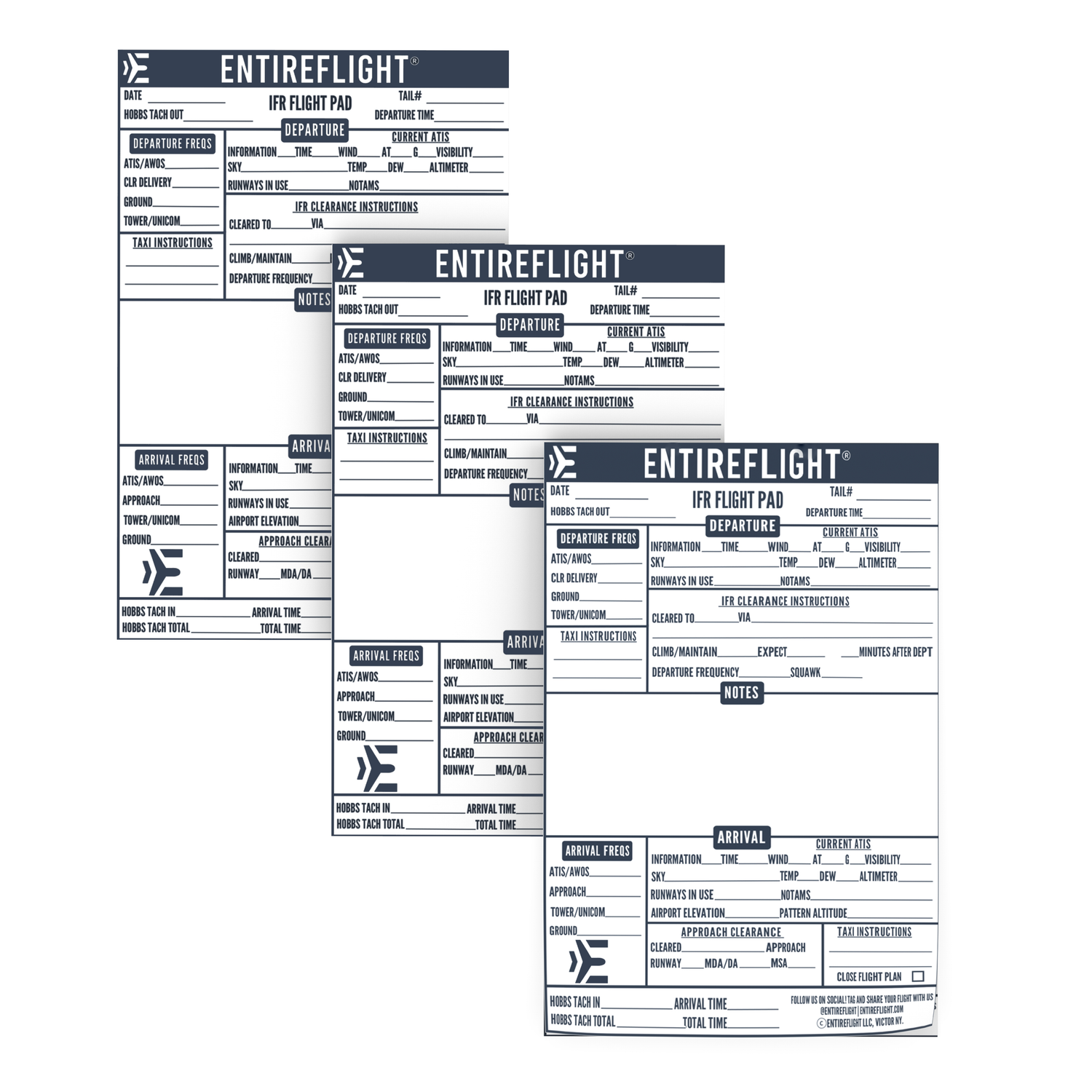
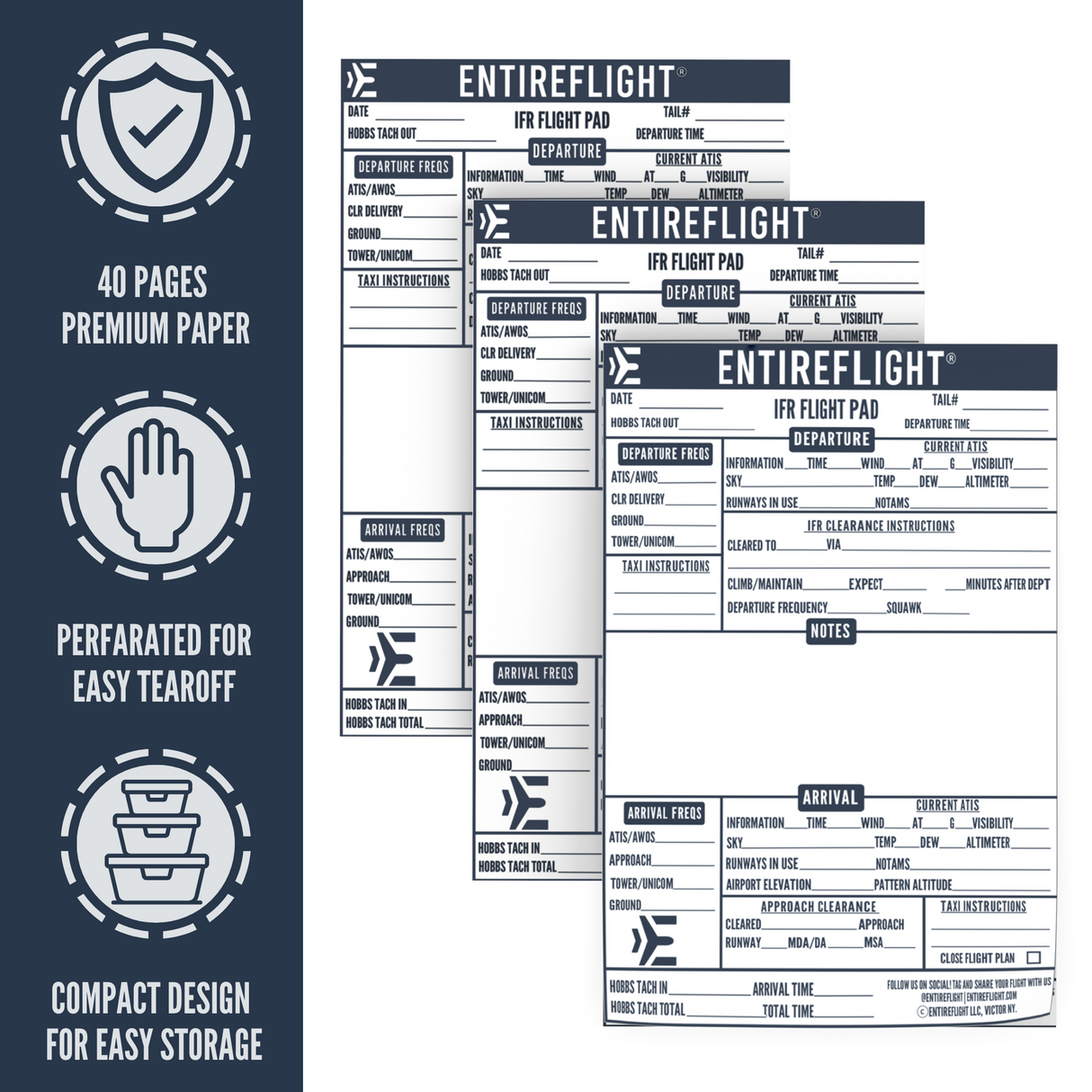
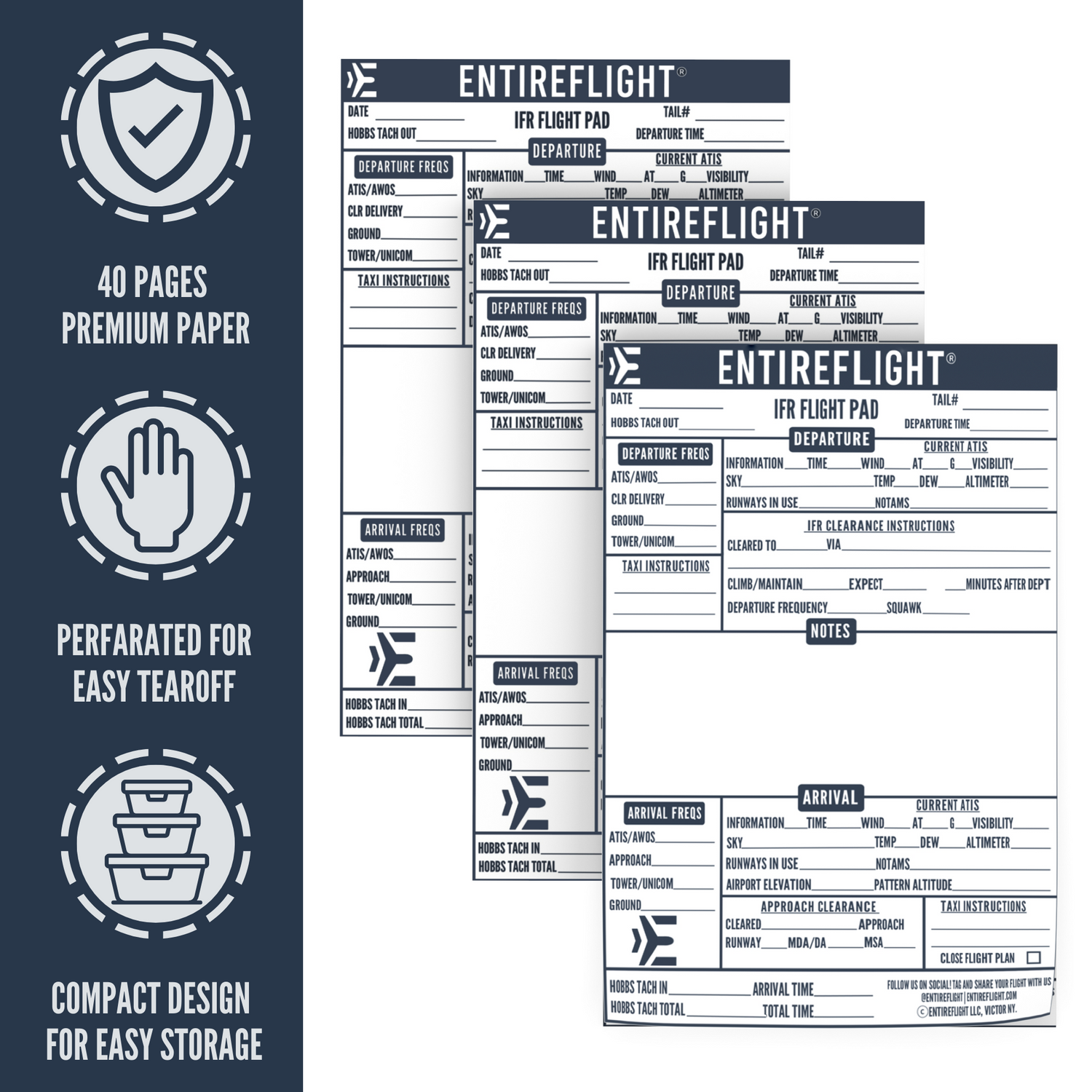
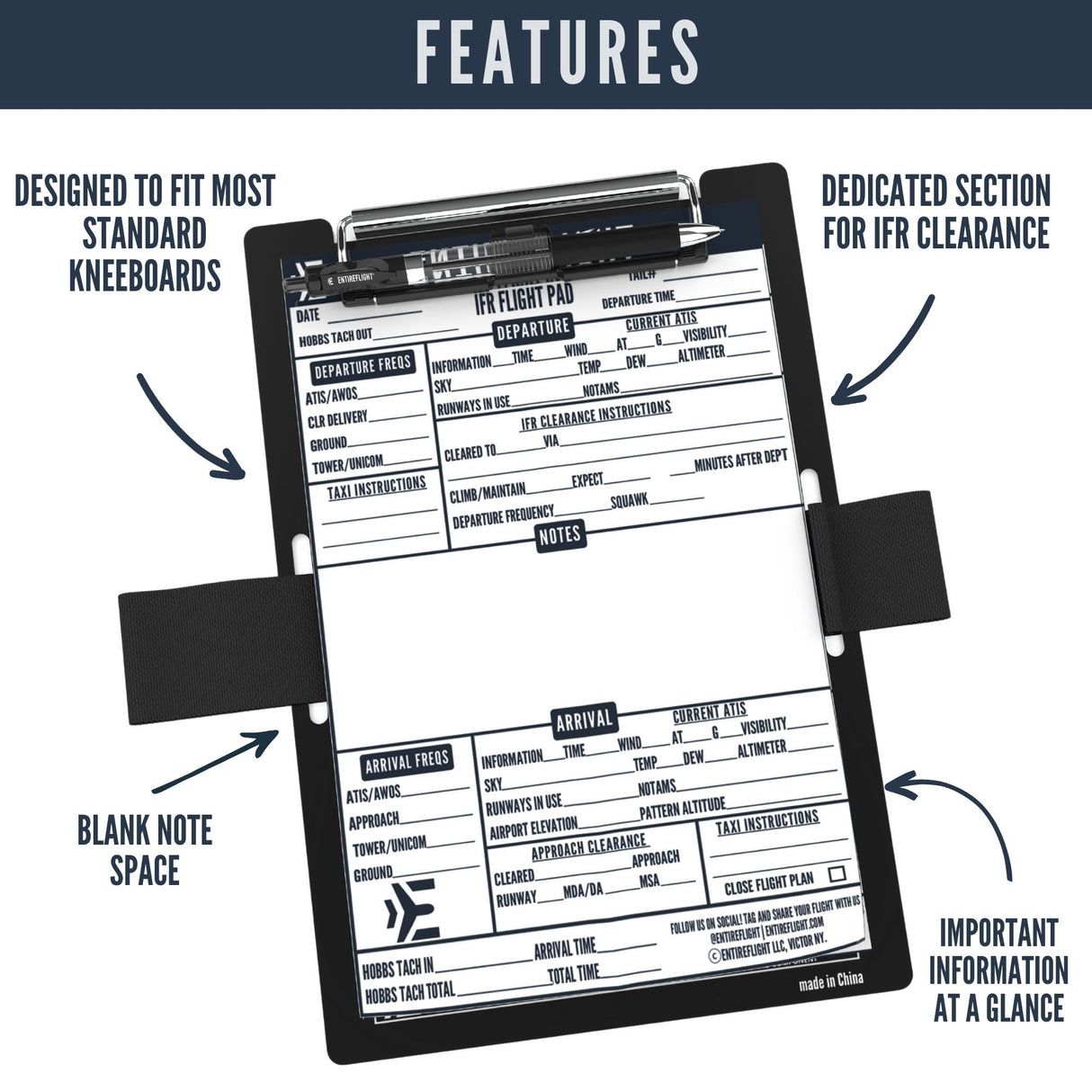
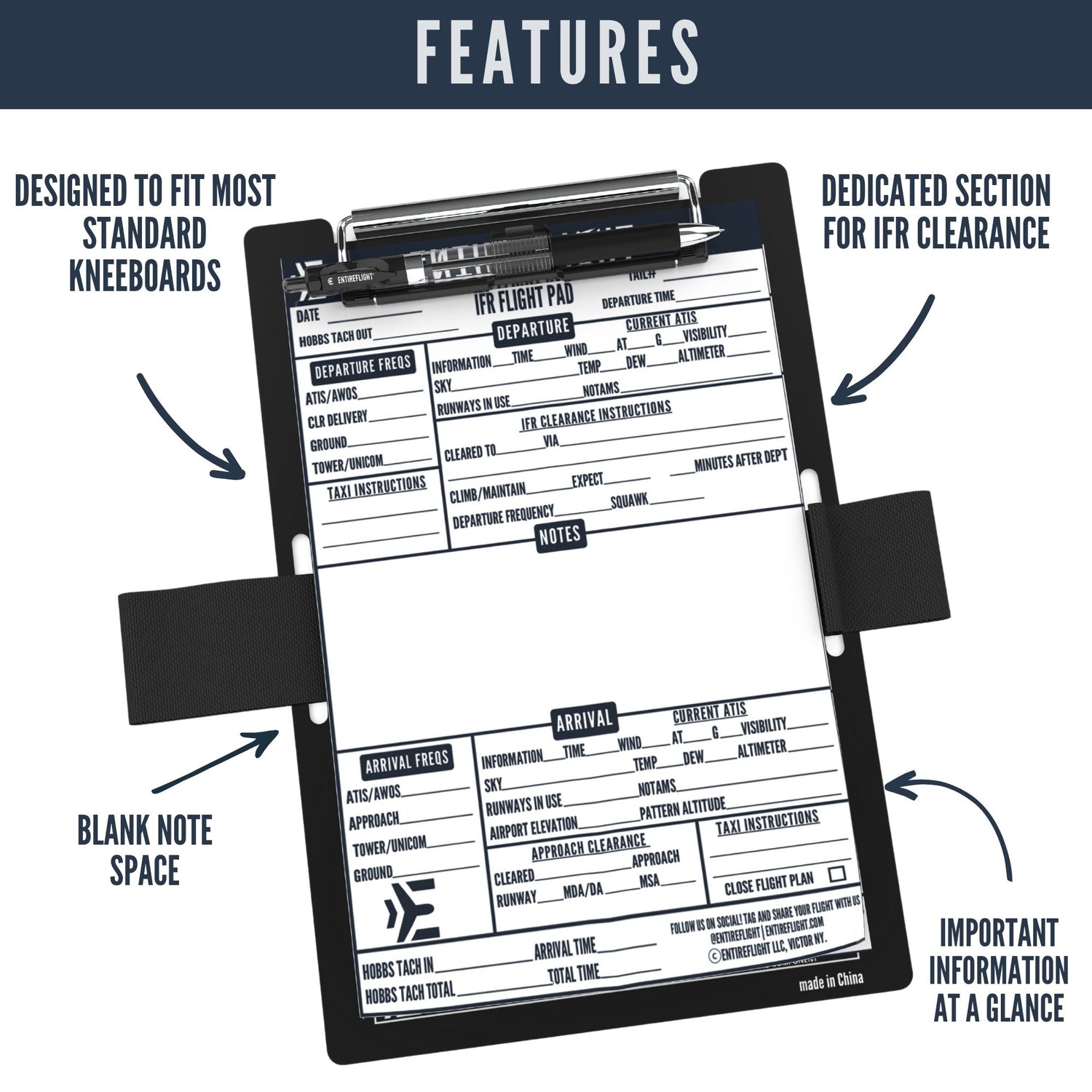
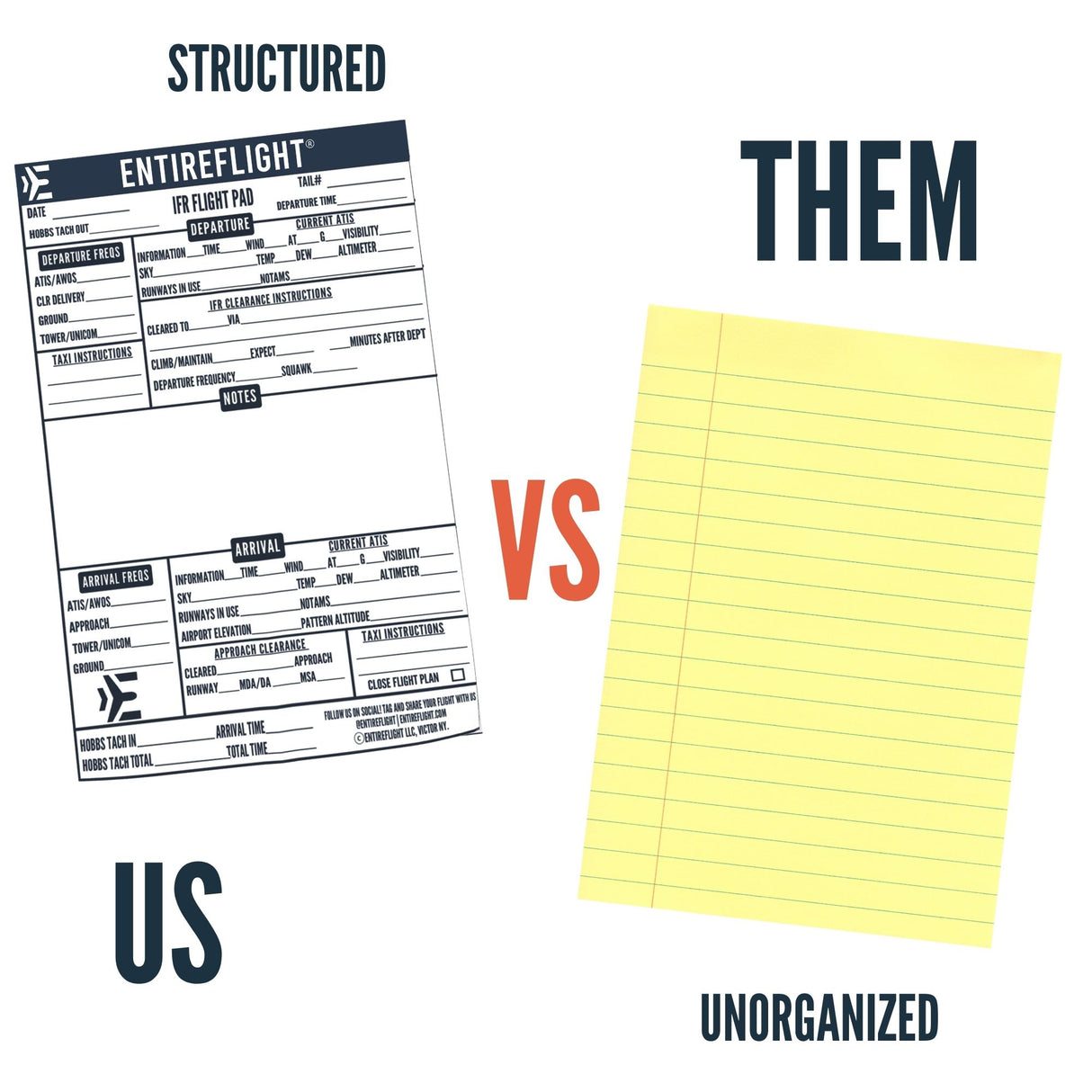
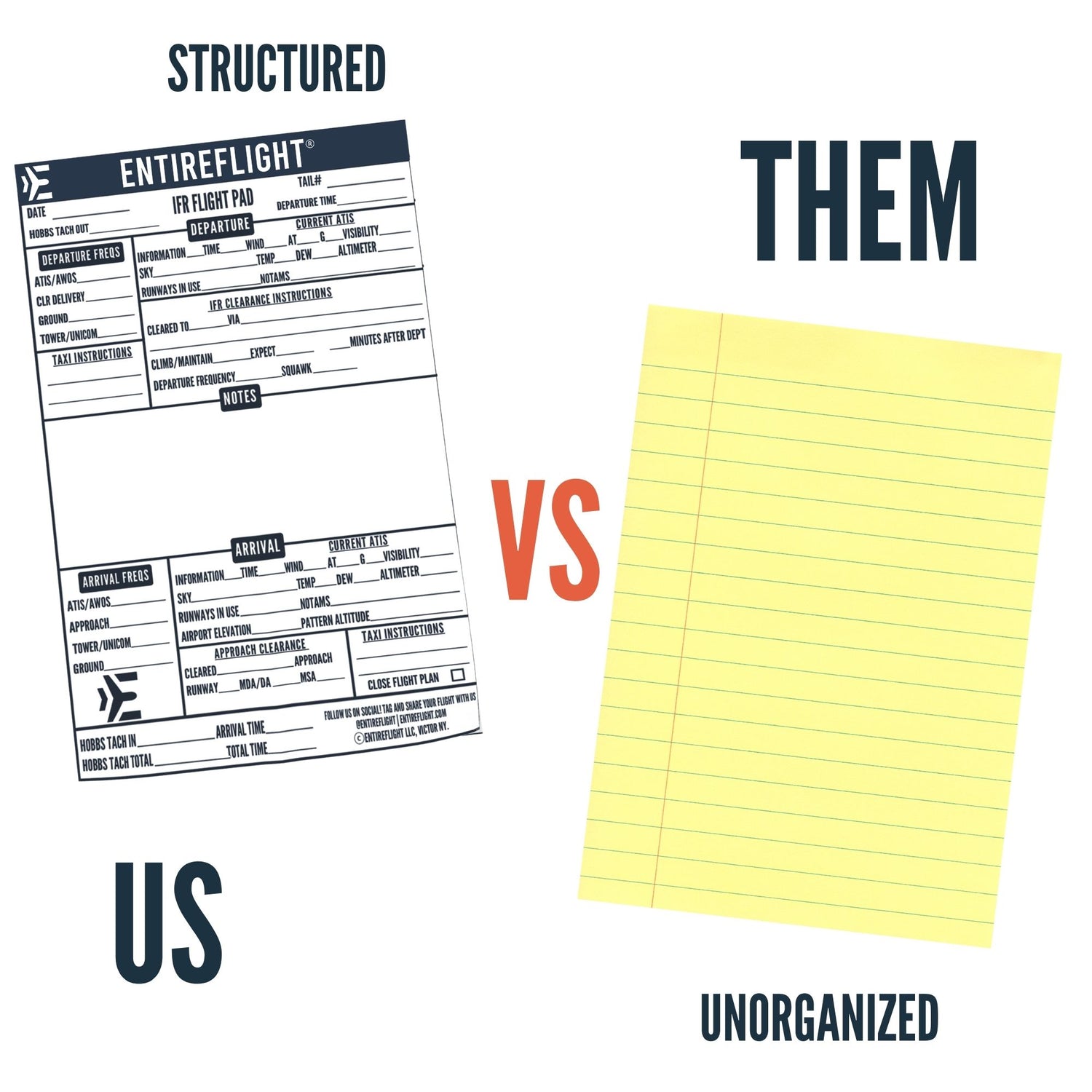
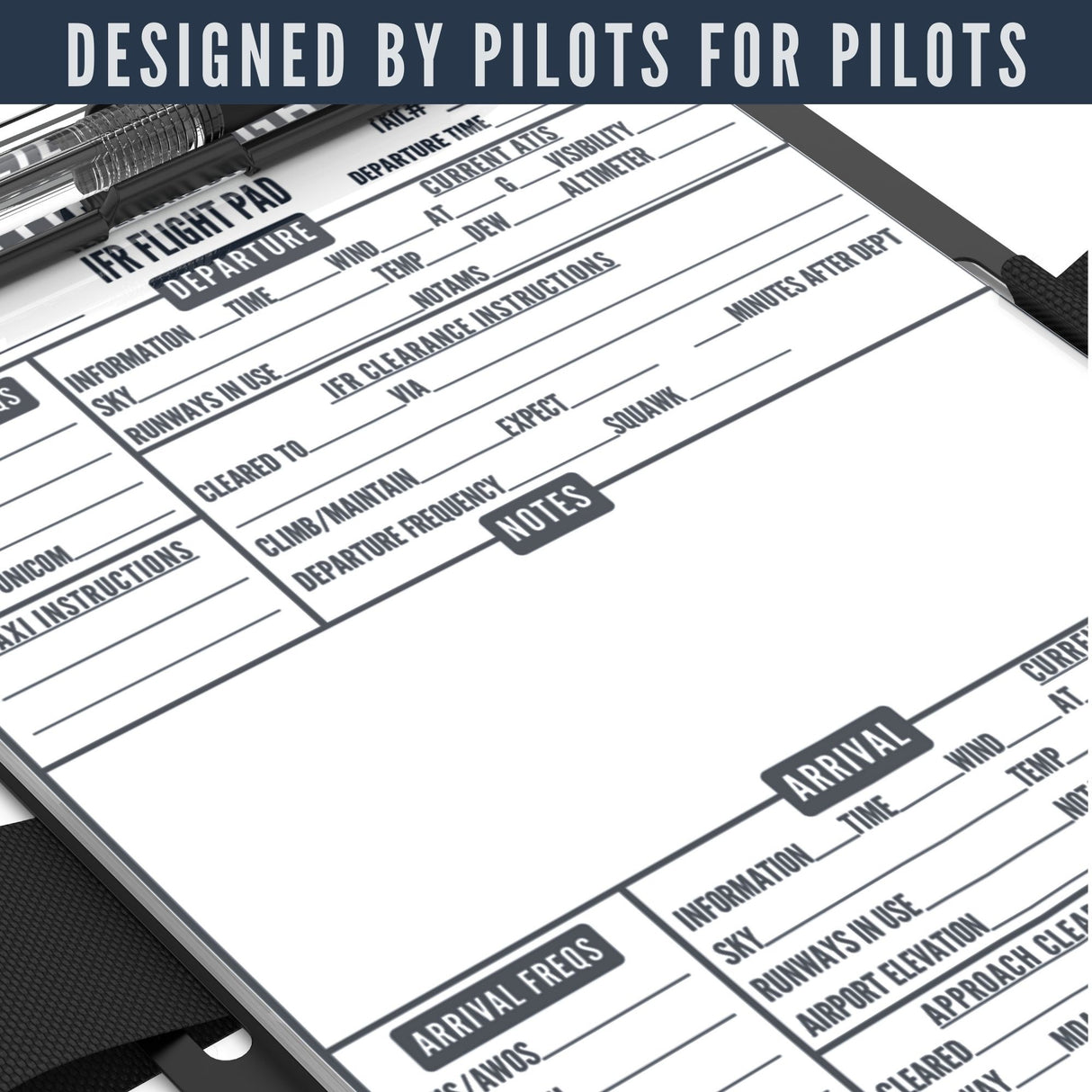
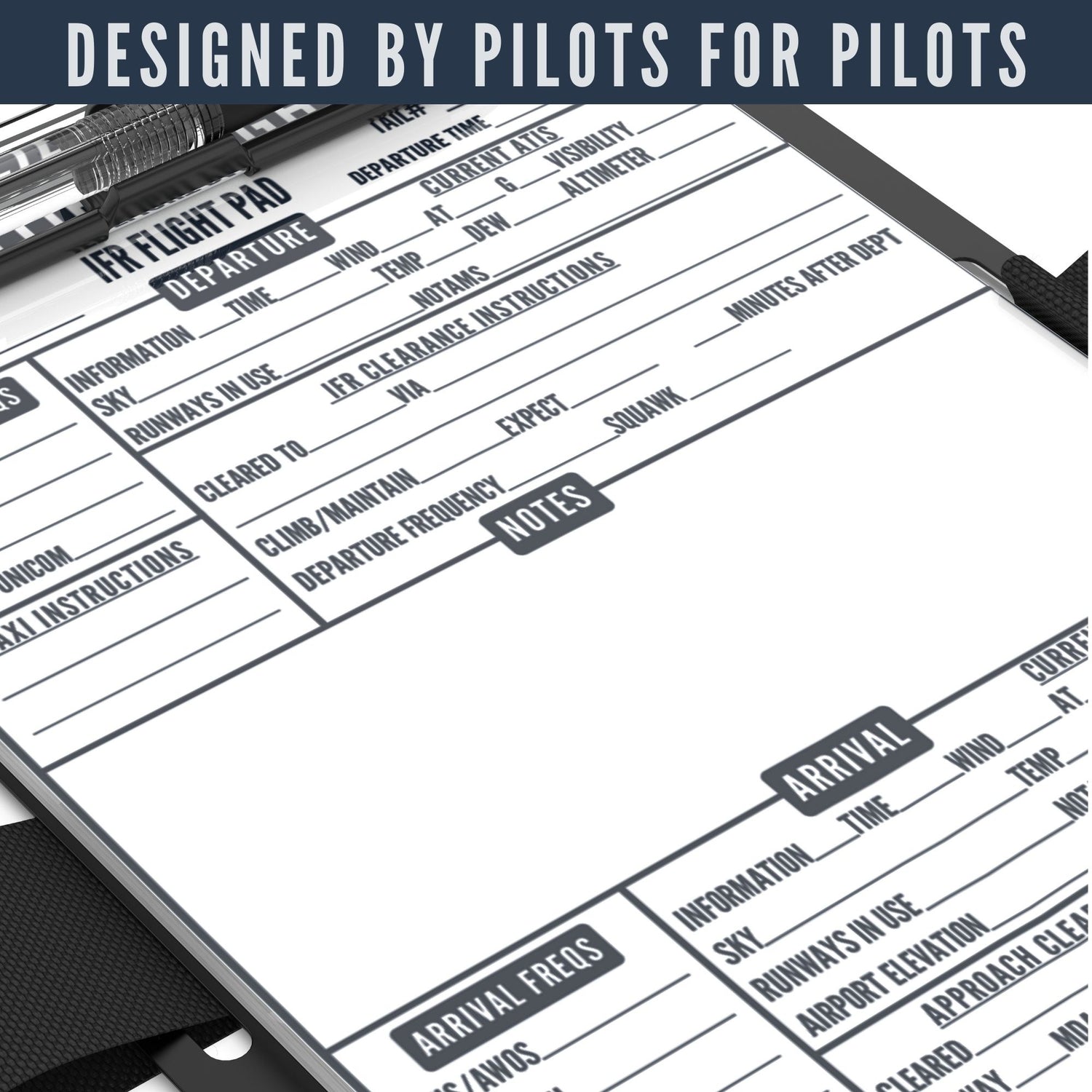

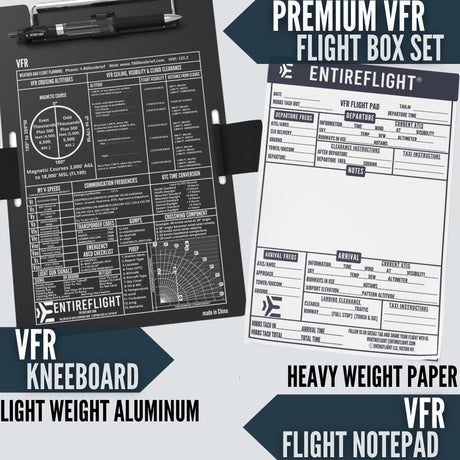
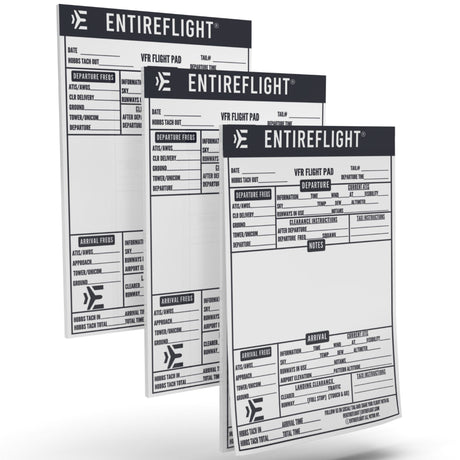
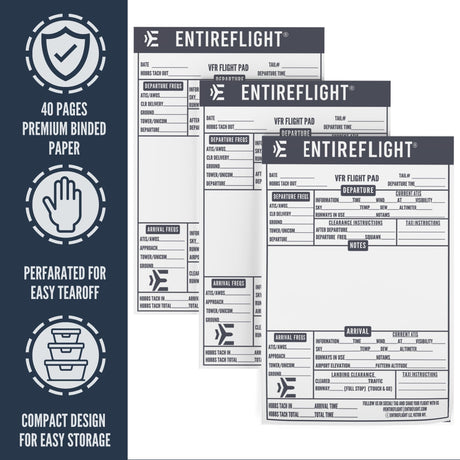
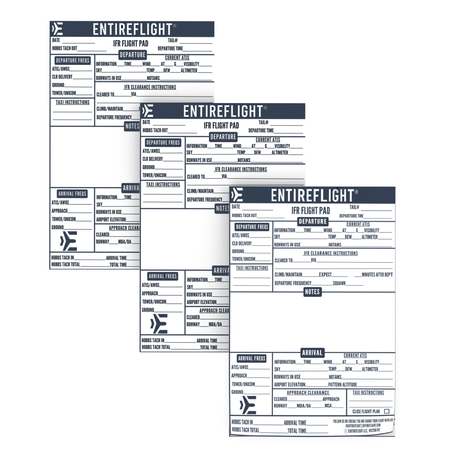
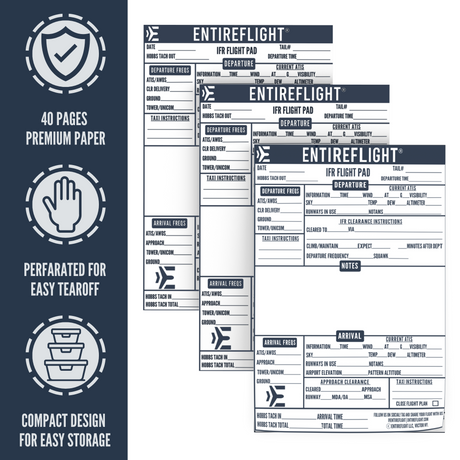



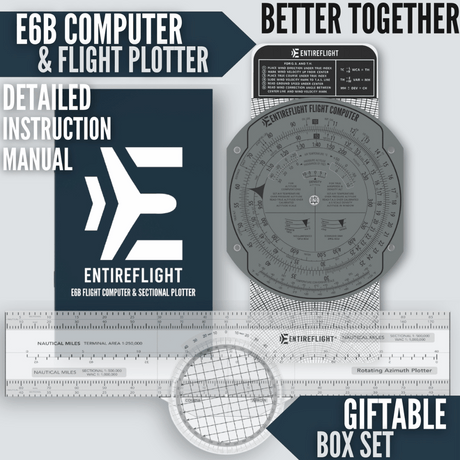
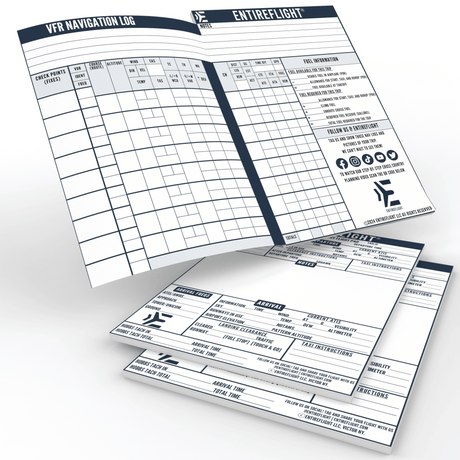
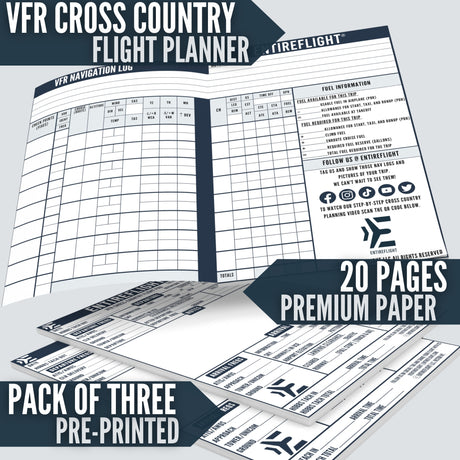
1 comment
It’s good that you elaborated on how becoming a pilot requires a financial investment since most private pilot licenses cost between $15-20k depending on how many hours it takes to complete the training course. My cousin has been saving up for years now to attend flight school since it has always been his dream to become a pilot. I hope he finds a great flight school here in St. Louis to attend for his private pilot training course soon. https://flypiston.com/2022/11/05/private-pilot-license/